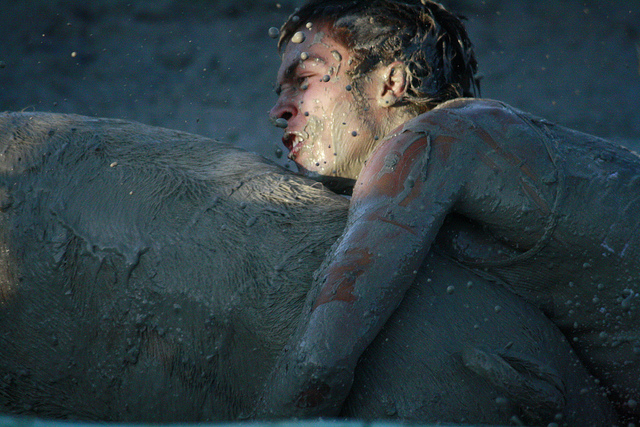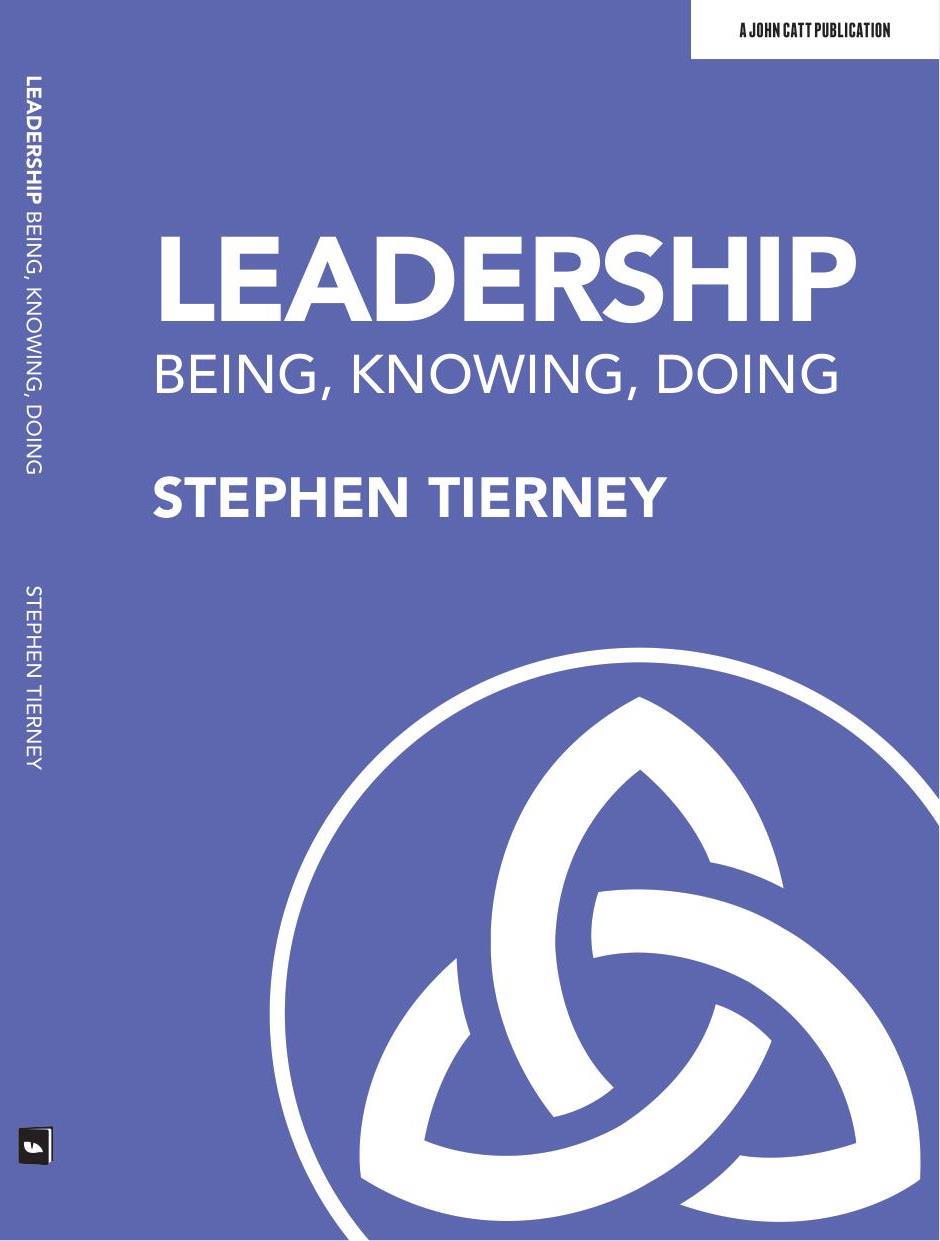Imagine the Department for Education offered you £100, 000 to do either:
a) Employ two more senior leaders to monitor and improve the quality of teaching in your school
b) Give every teacher an hour or two additional non-contact time per week to collaboratively plan learning, assess gaps in pupils’ knowledge and support pupils who were behind with their learning.
Instinctively I’m drawn towards b); systemically we have implemented a) across schools in England for the past few decades.
In a barnstorming speech, Making Teaching a Job Worth Doing (Again), Dr. (now Professor) Becky Allen laid bare the madness of the audit culture that is now established in English schools. Rooted in an extreme accountability system, England is an absolute outlier in this aspect of education reform, that has “damaged and honed” successive generations of school leaders; the rotten fruits of unproductive workload, poor teacher retention and off rolling our most disadvantage and vulnerable pupils are now being reaped.
The prevailing national theory of action is that monitoring of schools and school leaders/school leaders monitoring teachers will improve outcomes for pupils; the more monitoring the better. Behind this sits the more sinister but often unexpressed belief that too many teachers and leaders are basically indolent and incapable; without close monitoring and correction they simply won’t do a decent job. It’s standard MacGregor X and Y Theory thinking; cue bigger carrots and even bigger sticks. But for the prevalence of settlement/compromise agreements we’d hear so many more stories of the damage done to many professionals by this approach.

Photo Credit: Jennifer Scholl via Flickr
This is where learning about pig wrestling might help. The book Pig Wrestling: Clean Your Thinking to Create the Change You Need was given to me by a colleague (thanks Dave H) the other day. I read it in a couple of hours on the train to Birmingham; it is a simple, fun way of looking at those pigs of a problem you’re trying to resolve.
Step 1: Is this my pig to wrestle? (Spoiler: No, it’s the wrong pig)
Put your foot on the bottom rung of the pig pen, look over and ask yourself, “Is this my pig to wrestle?” I’ve normally asked this question a different way, namely, “Are you in the right jungle?” With teacher monitoring we’ve been wrestling the wrong pig for decades. Teacher monitoring is essentially a “control” within the system; its aim is to ensure high quality teaching which is correlated to better pupil learning. Monitoring via lesson observations, graded or not judgements are formed, book looks, assessment data and performance related pay are all end of process controls; it’s too little to late for pupils; time to reframe the thinking. This year we have reduced teachers’ contact time across the Trust by about an hour a week in return for them undertaking a personalised professional learning programme of their choosing.
Back to the a) or b) question at the beginning; wouldn’t it make more sense to focus greater time and energy on getting it right in the first place? To shift the system you have to move the resources – time, effort, funds and focus – the idea we can retain our current audit system and implement a new way of thinking is deluded. What would be better is to build controls into the start of the process with feedback loops to the teacher. This means enhancing the quality of the people we recruit as teachers and retaining them long term; giving teachers more time to collaboratively plan learning, practise their class room skills and support pupils who are struggling to reach the expected standard close to the point of first teaching. Alongside the time should sit the professional development and coaching leading to enhanced professional learning. The controls are built in from the outset.
There is a danger when blogging, tweeting or presenting you give a sanitised, rose tinted perspective on school life. This isn’t a plea for no accountability and everything in education will be wonderful; it is a blog that suggests we need a very different regulator, very different leadership in schools and a very different culture across the education system. A culture that will enable teachers, as well as pupils, to thrive and flourish in the profession they love.
For balance, below the reality of my life as a headteacher; the key is realising that this is the exception. You deal with the exceptions; what you don’t do is build a universal system around it that affects all teachers and school leaders.
Capability is a lonely and difficult place, both for those subject to it and those leading it. I worry that too often it is the first port of call for some leaders rather than the last … Don’t rush to judgement; look at performance over time, that is, over a number of years. Look at it from a whole series of perspectives not just a few lesson observations or one set of results; natural justice and common decency demand this of you … Never condemn someone as a person or professional. A good person might not be a good teacher, in every situation, but they are still a good person. If you ever forget this you’ll end up in a dark and toxic place. Let people move on with dignity and accept your share of responsibility for the fact that things didn’t work out … Be as gentle as you can, the procedures are hard enough … We need a system of accountability that is good for children, good for teachers and good for the profession; it’s a difficult balance.
Tierney (2016) Liminal Leadership



Discussion
No comments yet.